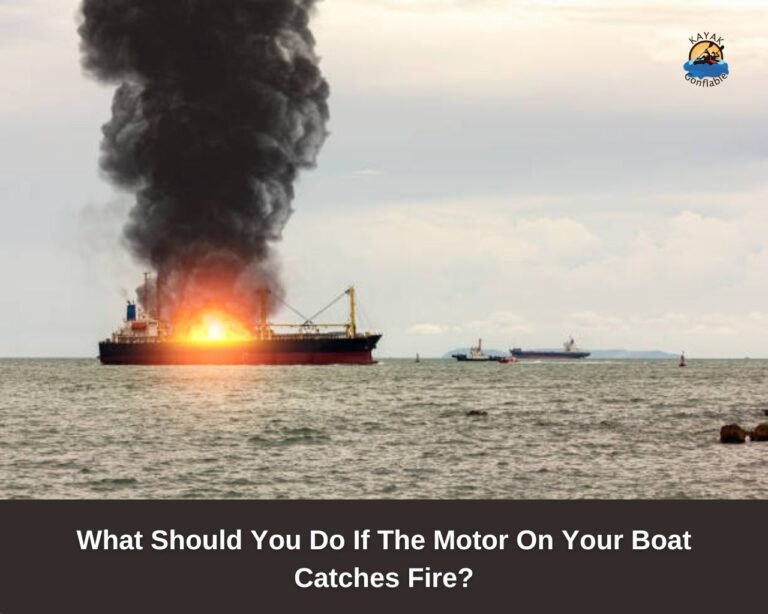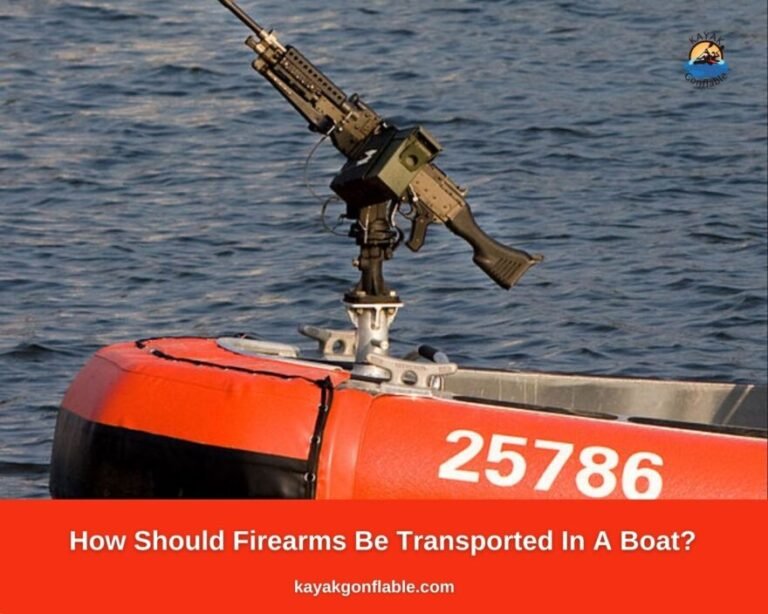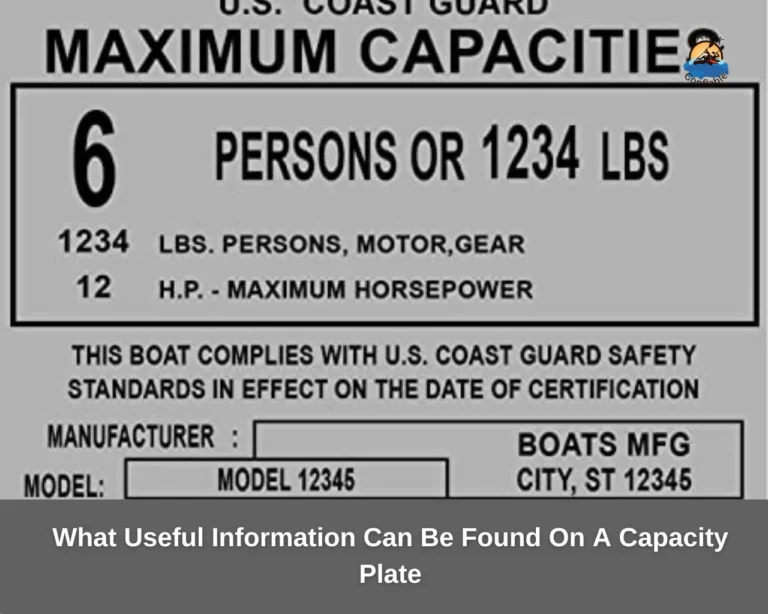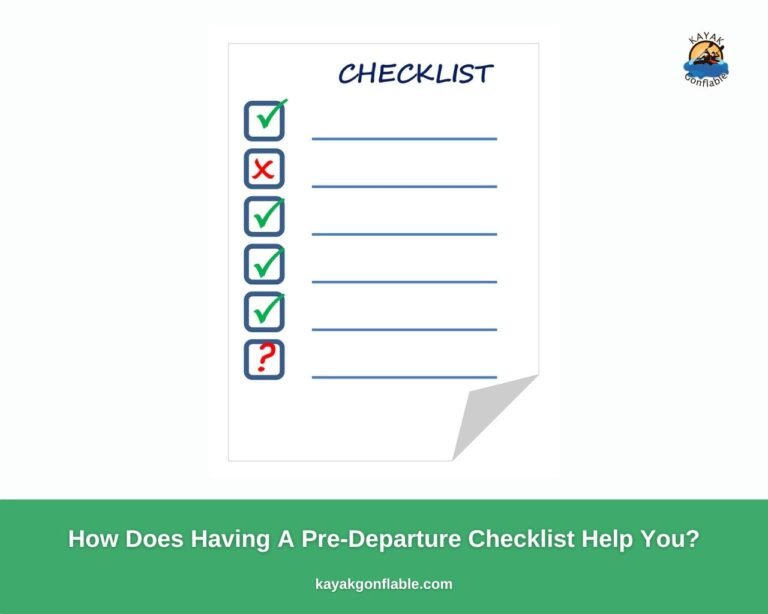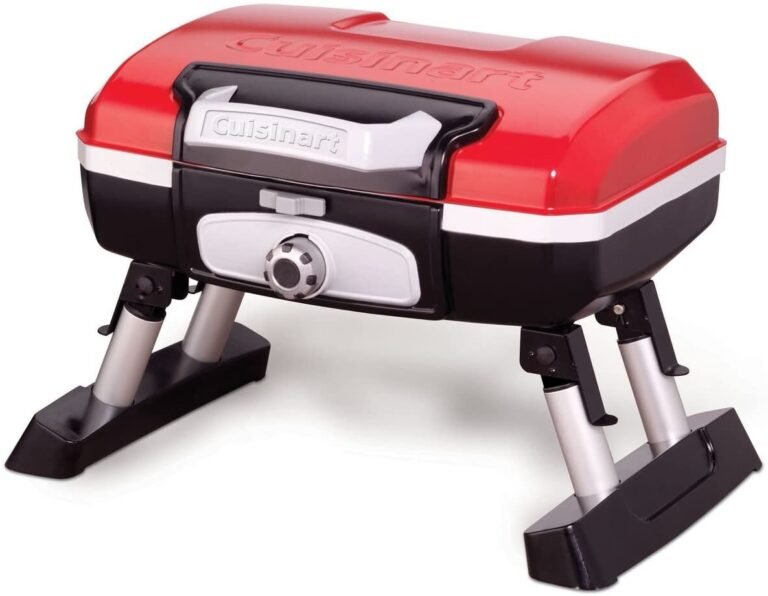What Is The Best Way To Avoid Overloading Your Boat?

Boats have been around for centuries, and their popularity has only grown in recent years. People use boats for a variety of reasons, including fishing, sailing, and cruising. Boats can also be used for water sports, such as wakeboarding and skiing.
There are many different types of boats available on the market, including sailboats and speedboats. When boats were first created, they were not meant for heavy loads. The purpose of a boat is to float on top of the water and carry people or cargo from one place to another.
Boats are not meant to be filled with heavy items that will make them sink. This can be very dangerous for the people on the boat and the cargo that is being transported.
Why Overloading Your Boat Can Be Very Dangerous
When it comes to overloading a boat, there are a few things to keep in mind. First and foremost, overloaded boats are more likely to capsize.
Second, an overloaded boat will be harder to maneuver and can be more dangerous when docking or underway. Boaters frequently experience difficulty maneuvering an overloaded boat.
This occurs when the boat is too heavy for the power or capacity of the vessel. The extra weight can cause the boat to move slowly, be difficult to turn, and create dangerous conditions.
In addition, a loaded boat may collide with other vessels, which can lead to serious injuries or even fatalities.
Finally, an overloaded boat is also more likely to create mechanical problems. When a boat is overloaded, there is a greater chance for mechanical faults. These faults can lead to the boat sinking and can cause serious injury or death.
Boat builders and captains have known this for centuries, and have developed ways to counteract the problem. However, not everyone is aware of these dangers, and as a result, many boat people overload their boats without knowing it.
The dangers of overloading a boat are not just financial; they can also be deadly. All of these factors make it important to be on the side of caution when loading your boat and never overload it beyond its capacity.
What Is My Boat’s Capacity?
There are many factors to consider when purchasing a boat, and one of the most important is the boat’s capacity. Many factors affect boat capacity, including the size and shape of the boat, the number of people and their weight, the type of boat and its furnishings, and whether it’s motorized.
Other factors include the type of hull and design features, such as the number and size of hatches and portholes. The amount of fuel and water as well as weather conditions and how much weight is loaded onto the boat also affects a boat’s carrying capacity.
Some general rules of thumb are that a boat can hold about 80% of its registered weight in passengers and cargo, but the percentage may vary depending on the type of boat and its configuration.
It’s important to select a boat that is big enough to accommodate everyone and everything you need it to, but not so big that it’s difficult to operate or expensive to maintain.
Types of Boats By Capacity
When it comes to boats, there are many different types and sizes to choose from. The size of the boat will often depend on the capacity- how many people the boat can hold. Here is a list of some common types of boats, by capacity.
Small boats, such as canoes and kayaks, typically have a capacity of 1-3 people. Small boats are great for fishing, cruising around the lake or river, and other simple water sports.
They’re easy to handle and can be carried on your shoulder or pushed from the shore. They are perfect for getting around in smaller waterways and are easy to transport.
Medium-sized boats: Medium-sized boats are perfect for those who are looking for an affordable and practical vessel. These boats typically have a length of 10 to 16 feet and can accommodate up to six people.
They are versatile and can be used for fishing, cruising, or just plain cruising around town. Additionally, these boats are easy to maintain and have a low price point.
Fishing boats, for example, typically have a capacity of 4-10 people. This makes them perfect for taking trips out on the water with friends or family.
Large boats are beautiful to look at and provide great fun for those who enjoy boating. They can also be used for fishing, swimming, and other activities.
However, large boats can be difficult to operate and require a lot of space. If you are thinking of purchasing a large boat, be sure to consult with a professional before making the purchase.
How To Determine Boat Capacity
If you are in the market for a new boat, you may be wondering how many people can fit on it. Unfortunately, there is no definitive answer to this question since it depends on different factors, including the size and type of boat, the weight of passengers and cargo, and the water conditions.
However, there are some basic things you can do to estimate your boat’s capacity. First, figure out how wide and long your boat is, then determine how many seats are available, and finally determine how many people you can fit.
The number of seats will be the most obvious factor, but the type and size of your boat will also play a role.
General Tips To Avoid Overloading Your Boat
When boating, it is important to be mindful of the weight your boat can handle. This includes being aware of the strain that different speeds and maneuvers put on your vessel. Here are some general tips to avoid overloading your boat:
Plan your trip before you go: know the weight of everything you are taking with you, including people and gear. Keep a cargo list on hand. Make sure you check the load rating of your items before loading them into your boat. It is important to know what your cargo is before you set out on a trip.
Know the capacity of your boat: boats are built to certain specifications and should not be overloaded. Check the condition of the boat and safety equipment. Compare the capacity of your boat with your passengers and cargo.
Balance the load: When you are planning a fishing trip, it is important to consider the weight of your gear and how to balance the load.
This is especially important for smaller boats, as they cannot carry as much weight. In order to properly balance the load in your boat, it is important to understand how each piece of equipment affects the overall weight.
For instance, if you have a fishing gear storage area in your boat, be sure to account for the weight of the nets and hooks when tallying up your total load.
Additionally, make sure that all items that need to be carried aboard are properly secured to avoid excessive strain on your vessel’s hull.
Distribute the weight evenly: If you are using a boat for fishing or other recreational activities, it is important to distribute the weight evenly so that the boat does not tip over. To distribute the weight of your boat equally, there are a few methods to try.
One is to evenly divide the load between all of the hatches and openings. Another is to tie each object down with a cord or rope, and then adjust the length as needed.
You can also add ballast. However, this can be hard to do and it can get tiresome having to keep adding and removing weight every time you want to move around.
There are other ways to distribute the weight too, like using oars or using an anchor. Whichever method you choose, be sure to follow the safety guidelines that come with it.
Add more weight on the front: Adding weight to the front of a boat can make it more stable in rough water and increase its speed. It also helps to keep the boat from being pushed backward by waves.
Additionally, this configuration makes it easier to steer. Boat designers generally prefer boats with more weight at the front because it makes them more efficient and faster in water often recommend adding weight to the front of a boat in order to improve its handling.
Use a weight distribution system: The best way to avoid overloading your boat is to use a weight limit. You can also use a weight distribution system on your boat to evenly distribute the load.
Weight distribution systems for boats are important for making the boat stable and preventing it from capsizing. boats can also have different weights at different points on the boat, so a system that evenly distributes weight is necessary.
There are a variety of systems available, but they all have their own benefits and drawbacks. It is important to choose the system that will work best for your boat and your needs.
Keep an eye on the weather conditions: Weather conditions can have a big impact on the capacity of a boat, especially in larger vessels. A boat’s hull, rigging, and sails all affect its ability to handle varying sea states.
Extreme weather can cause large waves and choppy waters that make it difficult for large boats to move. If the weather is bad enough, it can also cause flooding or even sink small boats.
In moderate weather, large boats may struggle in shallow water or over rocks. Similarly, small boats may have difficulty navigating through choppy water or around rocks in moderate weather.
For instance, strong winds can reduce the speed of a boat while waves can push it further from shore. In both cases, the boat’s capacity is reduced.
These tips can help avoid overloading your boat and keep you and your passengers safe while on the water. Be sure to always use common sense when loading your boat and if in doubt, ask a friend or professional for help.
Special Tips To Prevent Overloading Your Boat During Your Summer Boat Cruise
Summertime is a great time to be on the water, but it’s important to remember that even a small boat can quickly overload if too many people are on board. Here are some tips for avoiding overloading:
- Make sure everyone in your party knows and follows the safe capacity guidelines for your boat. If you’re planning on hosting a party on your boat, it’s important to make sure everyone knows and follows the safe capacity guidelines. These guidelines will help ensure a safe and enjoyable experience for all those involved. When in doubt, always err on the side of caution and stay within your boat’s safe capacity.
- Don’t overload the boat with gear – leave some of your belongings at home, or bring a smaller bag instead of a huge suitcase. Leave some of your belongings at home. This includes unnecessary gear that will only weigh you down and take up space. Instead, take only what you need and leave the rest behind. You’ll be able to enjoy the journey more and pack less, making packing and unpacking a breeze on return.
- Stay within the weight limits of your boat – remember that every person onboard adds weight, as does any gear you’re carrying.
- Keep an eye on the weather forecast and choose outings that are appropriate for the conditions – don’t go out in windy or choppy conditions if your boat isn’t meant to handle them.
In conclusion, following these tips can help prevent overloading your boat and ensure a safe and enjoyable summer boat cruise.
By being mindful of the weight limitations of your vessel and distributing the load evenly, you can create a safer and more comfortable boating experience for all passengers.
Make sure to pack only what you need and leave unnecessary items onboard. And finally, use common sense when loading your boat – if it looks like it’s getting too heavy, it probably is!

